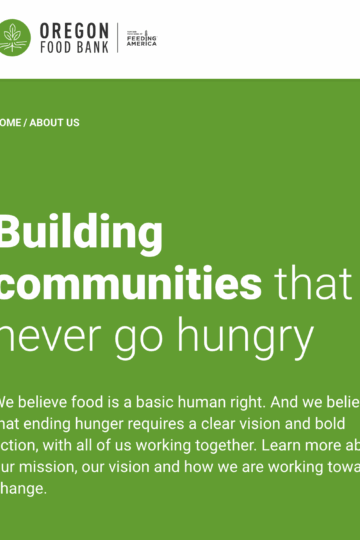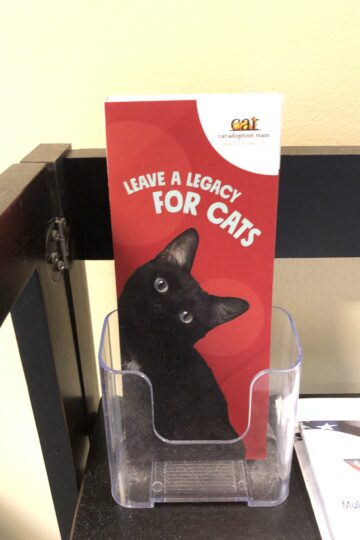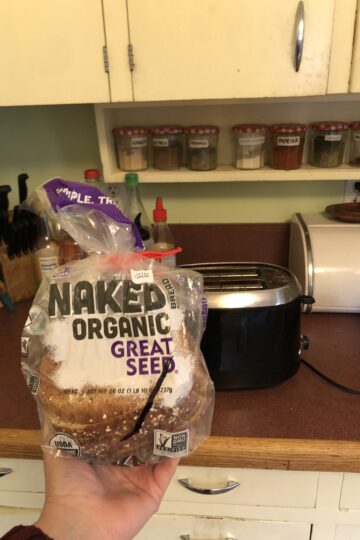This Reader's Driving Tips May Save You Money at the Gas Station

The following is pulled from the comments section from NC-A reader Chuck, whose driving tips deserve their own column.
Thanks Chuck!
Katy Wolk-Stanley
"Use it up, wear it out, make it do or do without."
Good guest post (and good blog, been reading since JD linked you a few weeks ago).
From the perspective of an engineer with a pretty automotive-heavy background, I can add to and expand upon the information above a bit. While commuting in my old Mustang for years (currently parked), a car the EPA now estimates at 15mpg city, 22 highway, I was consistently able to average 21 to 22mpg commuting to work through a tunnel with a 20 minute delay both ways, and often averaged 25 to 27 mpg on the highway. My current commuter, a late model Miata, sees 30/32 despite an EPA estimate of 20/26. I am by no means a slow driver.
The first and most important paragraph is the advice to drive slower and smoother. However, many people misinterpret and misapply this advice into driving as if they had an egg under the gas pedal - I've actually heard this exact rotten (pardon the pun) advice given. This can be beneficial at times, but can just as easily reduce your gas mileage at other times.
It all comes down to basic physics. There is a certain amount of energy associated with your vehicle at a given speed, depending on its mass. In order to get to that speed from a stop, we have to generate that energy using the engine - and with normal efficiencies, you burn two tablespoons of extra gas for every tablespoon that actually gets turned into usable energy. In order to stop, we have to get rid of that same amount of energy, usually by burning it off into heat using the brakes. Brakes, unlike engines, are perfectly efficient at what they do. The first lesson to learn is to avoid using the brakes (or engine braking by downshifting, which is just as detrimental to mileage) whenever it's possible to do so safely - every watt-hour of energy you burn braking represents three watt-hours of energy coming out of your gas tank. Instead, coast early when you know you're approaching a stop, letting the wind and rolling friction slow you down - this is energy you'd have to spend anyway, and when coasting to a stop, you can basically consider it "free" energy, as opposed to burning gas to generate this energy and then hitting the brakes to burn it up and stop.
The second place you lose energy (and gas), beyond braking, is in friction. This comes in the form of rolling friction from your tires, and air drag. At cruising speeds, particularly on the highway at around 45mph and up, drag is far more important than rolling friction. Drag increases with the square of your speed. In other words, accelerating from a 60mph highway speed to 65, despite being only 8% faster, can cost you up to 17% more per mile (it will fall between 8% and 17%, largely depending on how much of your energy burn is rolling friction and how much is drag). This equation holds true no matter how aerodynamic your car is - you always lose energy disproportionately quickly as your speed goes up. Lesson two, therefore, is to slow down a bit on the highway. Even a few miles per hour, if consistent, will make a difference.
As for the egg-under-the-gas-pedal driving style, your engine is actually normally most efficient at around two thirds power, somewhere right around the middle of its operating speed. This is efficiency in producing energy to accelerate, not efficiency in terms of cruising, where other things come into effect. In reality, you have to produce the same mount of energy to get to a certain speed, whether you do it quickly or slowly. All other things being equal, it's better to produce that energy as efficiently as possible, which means letting your engine work it its efficiency band. In other words, go.
In summary, when you start off from a stop, look ahead. If there's another traffic light or stop sign right in front of you, take off easy, and don't bother trying to get to maximum speed - the faster you go, the more you'll use your brakes at the stop, and the more energy you'll waste. If there's nothing ahead of you but miles of open road, put your foot in it and get up to cruising speed - your wallet and car will thank you. If you want to save, lower your cruise speed, since this is what determines your highway mileage, not how grandmother-slow you can get up to that speed. It's really that simple.
Happy motoring!





I like trying to get the most miles out of my tank of gas. My coworkers don't believe me that I can get 40mpg out of my little toyota. I spend half the gas money they do and a lot of it comes from driving smart and combining trips.
Thanks for that...what a great comment!
Good to know that I can accelerate at a decent rate without wasting gas. I didn't know that before. I do rock at anticipating stops so as to avoid using my brakes, though (if I do say so myself).
Good post. I have been trying to coast more - not really coast, as I drive an automatic, but I am amazed how much it is possible to take my foot off the gas, make use of downhills, and plan ahead to have to slow down or stop. Look ahead, and if you're going to hit a red light, take your foot off the gas early, if it's safe to do so.
The other thing I have learned to bear in mind - simpler than this explanation of highway speed - is that for every 5 MPH more, you get 2.5 MPG less. In other words, slow down from 70 to 65 and get 2.5 MPG more. I don't know how accurate this is, but the principle is right, and it's easy to remember and implement.
Good information. Another gas saving idea, if your car has a removable roof rack, do so. Unless you're using it this weekend it's just burning up gas in the form of wind drag.
I've always been a frugal frugal driver. I see no reason to race to a red light, lift off from a green light and travel at light speed. I'll leave that to Star Trek...